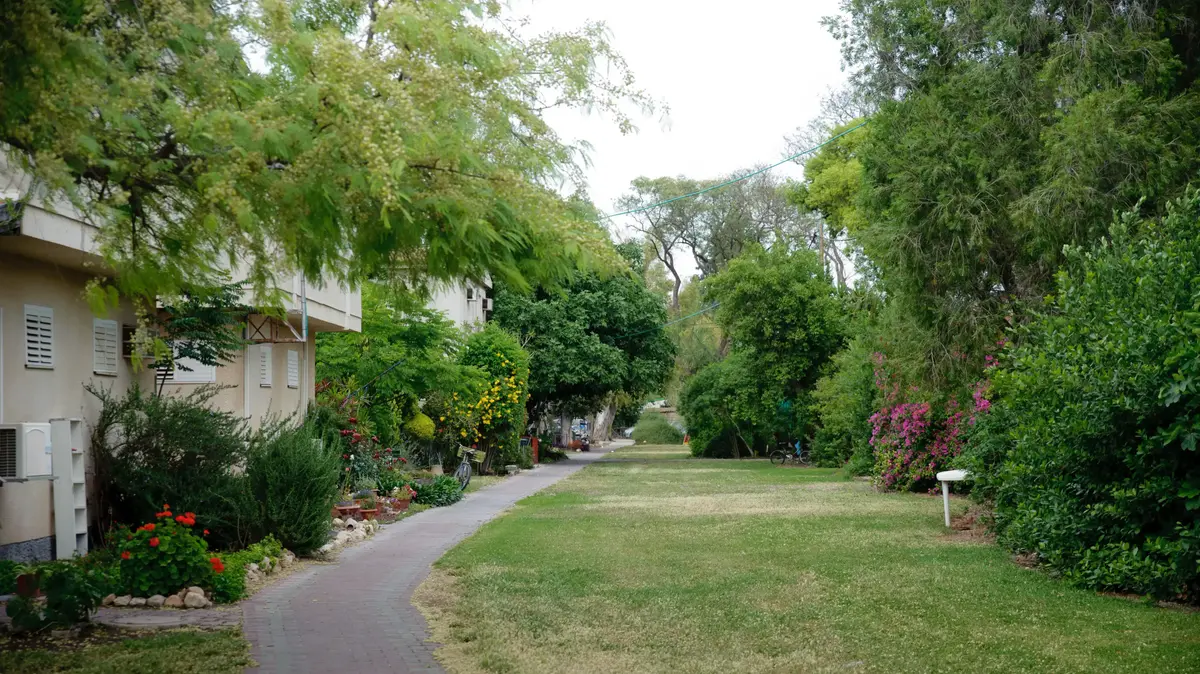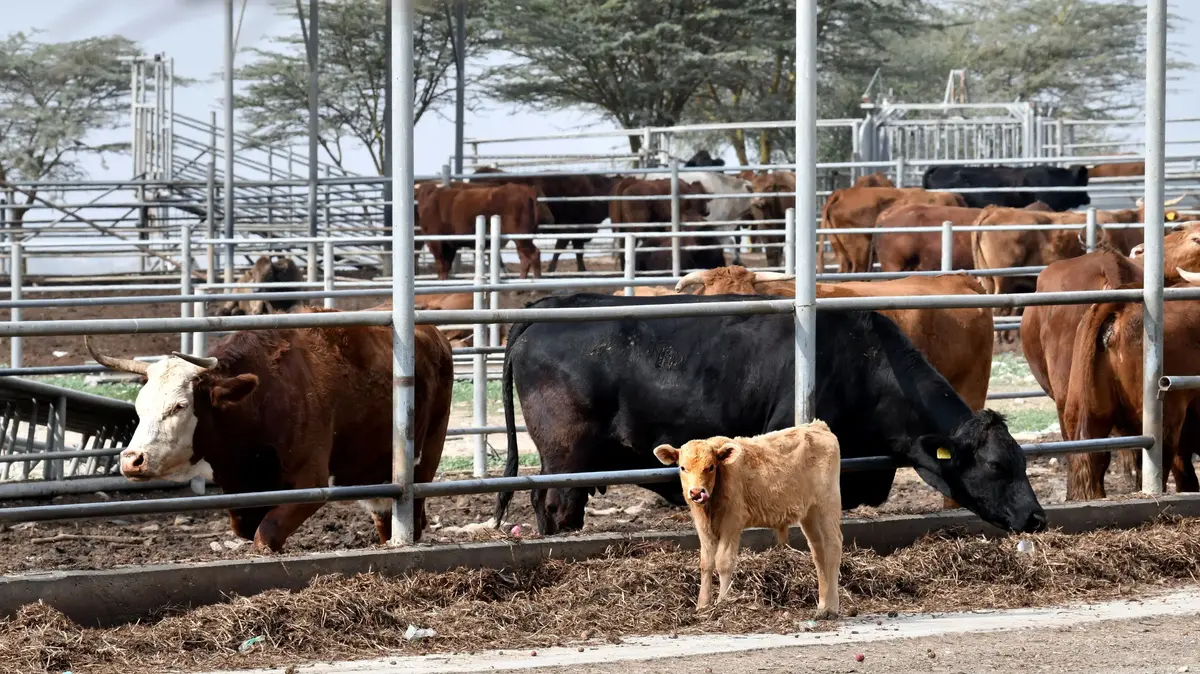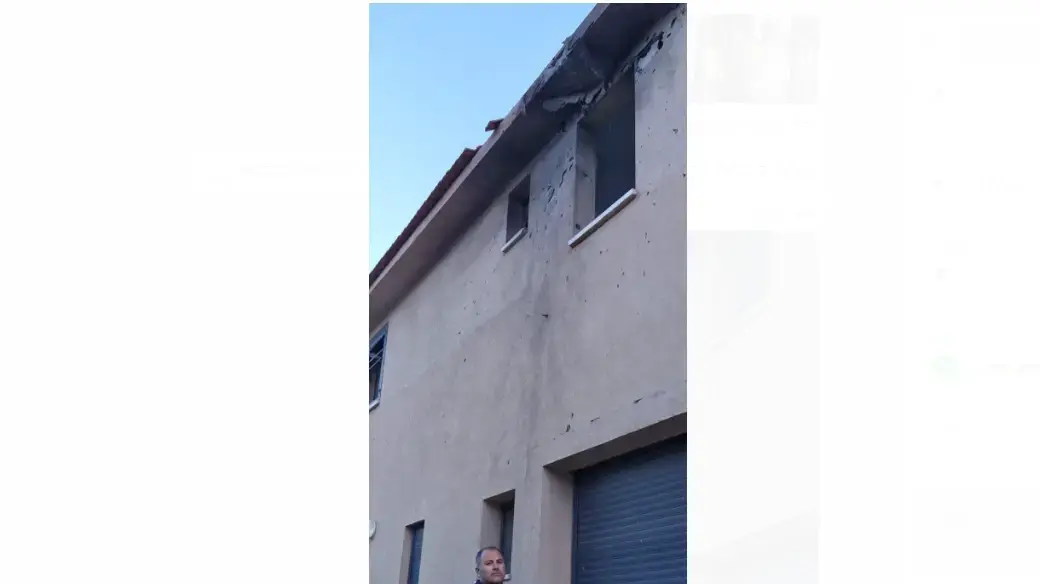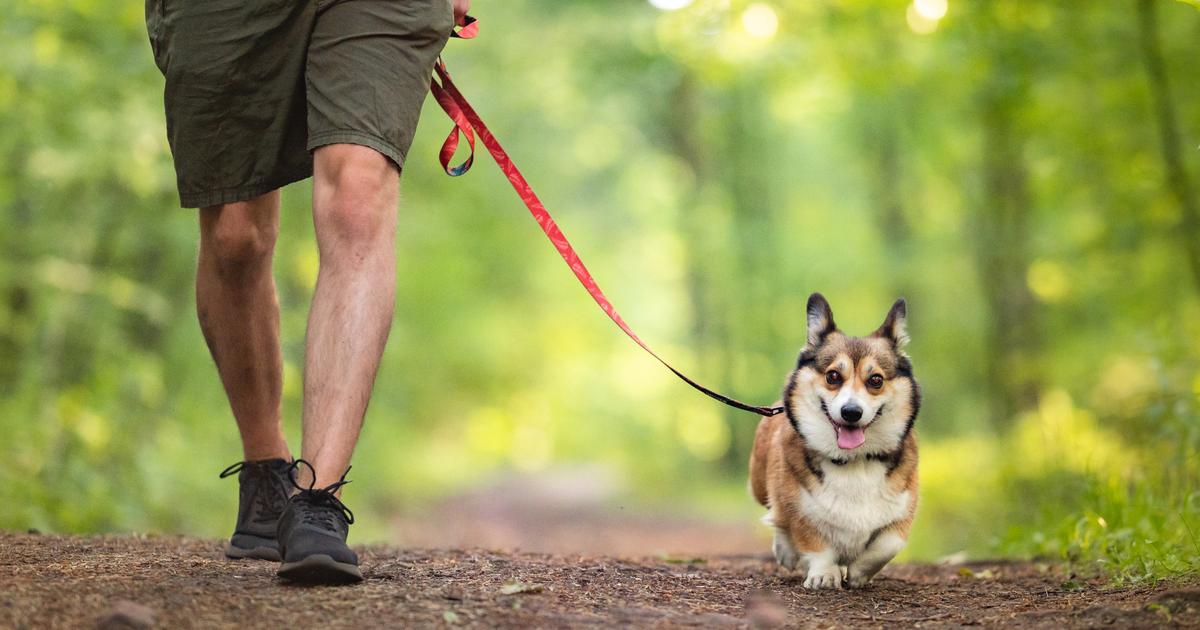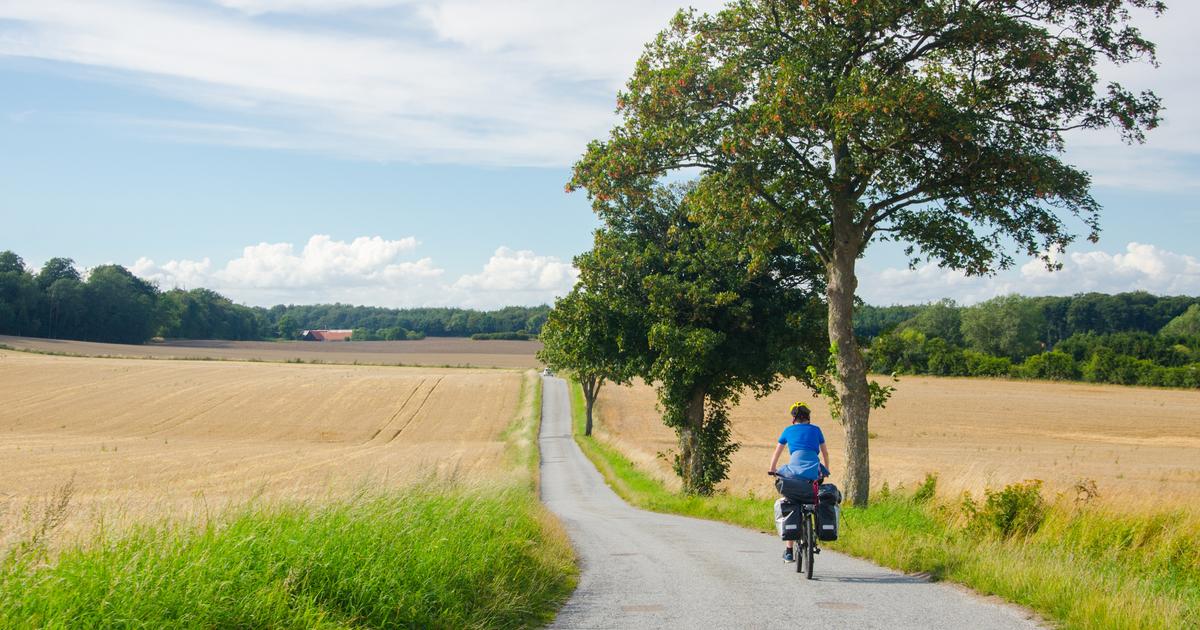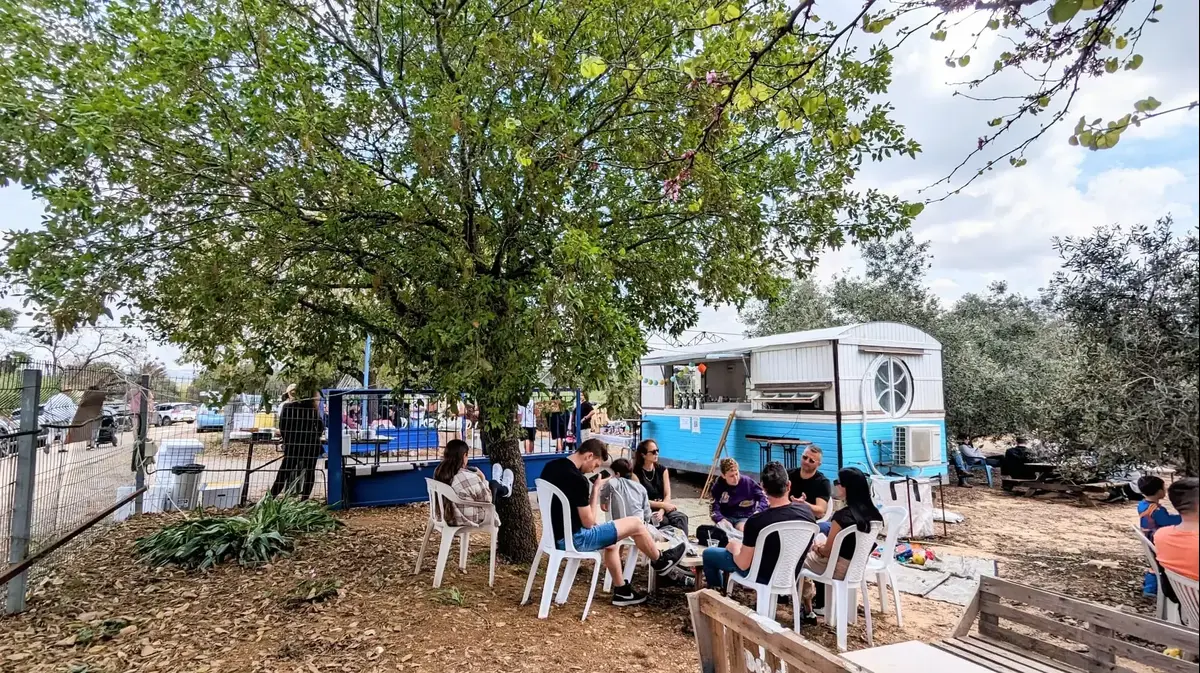"It is important to plan systematically and not at a specific point, so as not to build in one place and destroy another" (Photo: ShutterStock)
Planning roads in rural areas requires adaptation to the characteristics of the place and maintaining a unique color that is not similar to an urban area.
According to the road engineer and independent consultant on roads, traffic and drainage, Ami Gottlieb, in rural areas we often do not find the separation that exists on an urban street in an average city, and the roads there are usually divided between vehicles and pedestrians.
"Today, when you enter a small settlement like a kibbutz, you usually see a minimal road system and neighborhoods that were planned many years ago, without thinking about a situation where they would have to reach them by car," says Gottlieb.
"Because there was no private property in the kibbutzim, there were fewer vehicles. On the other hand, the moshavim usually have a more developed traffic network. In the kibbutzim, people are used to walking, running and cycling on the road. In fact, it can be said that most of the kibbutz is run like an integrated street where driving is supposed to be to be much slower and milder."
According to him, "Another thing that is different in the kibbutz is the issue of public transportation - buses usually do not pass through the kibbutz or they arrive at one or two stops and drop off passengers there. In the kibbutz we see more use of shuttles."
How is the procedure for planning a road in a kibbutz carried out?
"A kibbutz often consists of a small and very involved community. A road engineer who works with a kibbutz must be in dialogue with the people of the kibbutz, understand what they want and what is the best the engineer can do to meet their requests within the limits of the law and regulations. It is important to remember that the common goal of the kibbutz and the engineer is Submit an implementation plan that will be finally approved by all the professional bodies, therefore compliance with the planning laws is mandatory."
What happens if there are requests that are not feasible?
"If there are requests that are not feasible, our work, the road engineers,
According to Gottlieb, in rural construction it is very important for residents to maintain green space, safe crossings and the local character.
"As a member of a kibbutz, I know this closely and from personal experience. A road engineer needs to produce a road system that is user-friendly in such areas, such as neighborhoods that are planned as a traffic mitigation zone with winding Dutch streets, which organically prevent fast travel and require consideration of the environment, yet allow access to a nearby vehicle to house".
What happens if it is not possible to plan wide roads?
"There are areas where this is indeed impossible, such as in places with very narrow paths where it is not possible to plan a road and parking spaces of standard width. In such a case, parking lots are created that will be closest to a large number of houses or lots. Alternatively, I can establish a one-way road system, or waiting bays which are a wider focal point that allows two-way passage of vehicles in front of each other."
What are the stages of road planning in rural areas such as Moshav or Kibbutz?
"In the initial stage of the planning, you first need to find out what was done in the past, whether there is an EIA and whether it needs to be changed.
We see what happened on the ground and examine alternatives.
Coordination of the construction of the parcel, which defines public areas, road strips and lots in future and existing construction, is done in collaboration with an architect, which is his specialty.
The architect produces parcellation (division of areas for different land uses) and gives his own emphasis to the planning."
In the next step, explains Gottlieb, "we do a preliminary planning based on the width of the strip and the section of the road, while taking into account elements that can affect the planning such as topography, for example in the case of a kibbutz that is built on the side of a mountain, for example. Kibbutzim usually have lawns, playgrounds, etc., and a place My job is the stretch of road. Most people want parking inside their lot, but this is not always possible and sometimes an extension of a parking lot is required to serve adjacent lots."
Later, Gottlieb says, "I present the client with a plan and I overwhelm him with the advantages and disadvantages of each alternative. We formulate the selected alternative together and improve it to the point where it can be submitted to the planning committees - a plan that is usually submitted as a traffic annex. In the next step, we move on to detailed planning, Its aspects: traffic planning, physical planning, infrastructure planning such as drainage, water, sewage, electricity and communication, and coordination between all of them."
In addition, there is also the issue of travel planning.
"In the Jezreel Valley, for example, where quite a few kibbutzim are located, the clayey soil is good for agriculture, but very bad for road construction due to its tendency to swell after absorbing water, and therefore requires a substantial replacement of the soil, which can inflate the costs of the project."
Finally, after the detailed planning and approval by the committees, comes the stage of tendering and execution, "at the end of which we perform a cost estimate and create technical specifications beyond the general specifications," notes Gottlieb.
How did you get into road planning?
"I graduated from the Technion in 1998 with 24 years of experience in the field. I planned large-scale projects as part of my work in large offices and later established a private office. I do not limit myself to a certain type of planning. Among other things, I plan underground parking lots for residential construction working with many Very contractors, where precision and thought are required on every element within the building such as columns, stairwells, elevator areas, etc. This is a different planning than that of rural areas. Since a road engineer does not need to be in the field more than once or twice during the planning stages, I carry out projects all over the country and in every The types of territories".
What are the things that you think road engineers must pay attention to?
"First of all, it is important to have systemic and not one-off planning, so as not to build in one place and destroy another. We work within a system and planning must be part of the system. Apart from that, it is important to note that we work to serve the population and respond to its needs. Our job is to complete a settlement and not to plan Something that will be foreign to him, and at the same time know where to draw a line. In the end, it's a matter of the right approach."
For more information and to get in touch, you can contact
the office at 072-3251505
on the legal website.
The article is courtesy of Zap Legal
. The information presented in the article does not constitute legal advice or a substitute for it and does not constitute a recommendation to take or avoid procedures.
Anyone relying on the information in the article does so at their own risk
Sentence
additional subjects
Tags
roads

